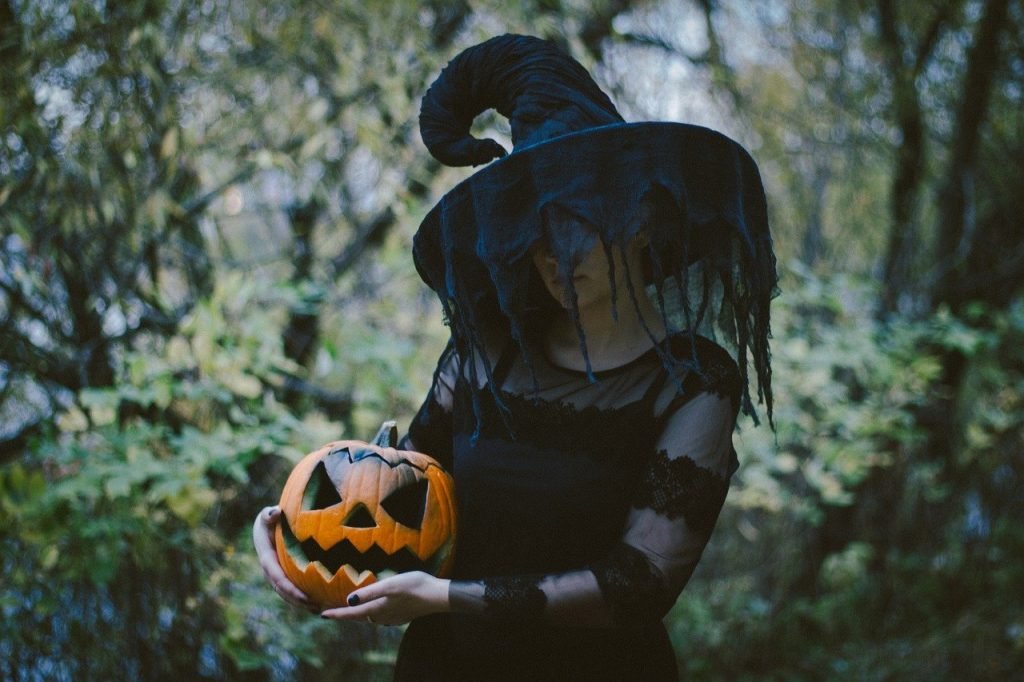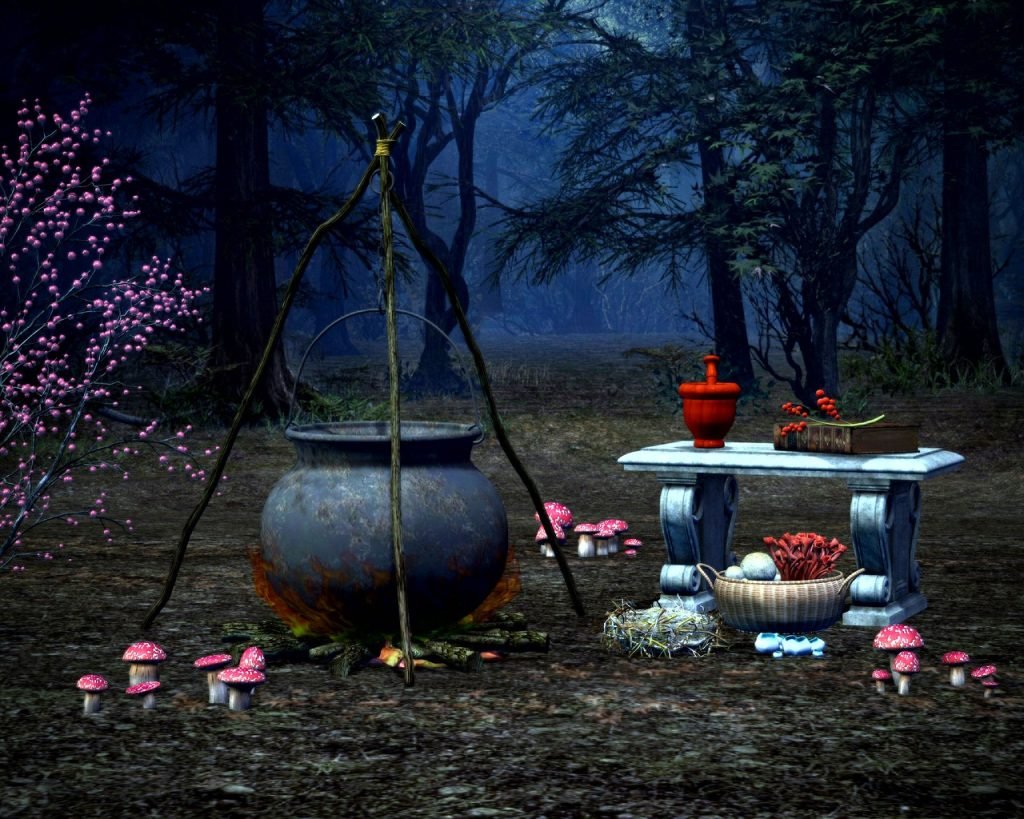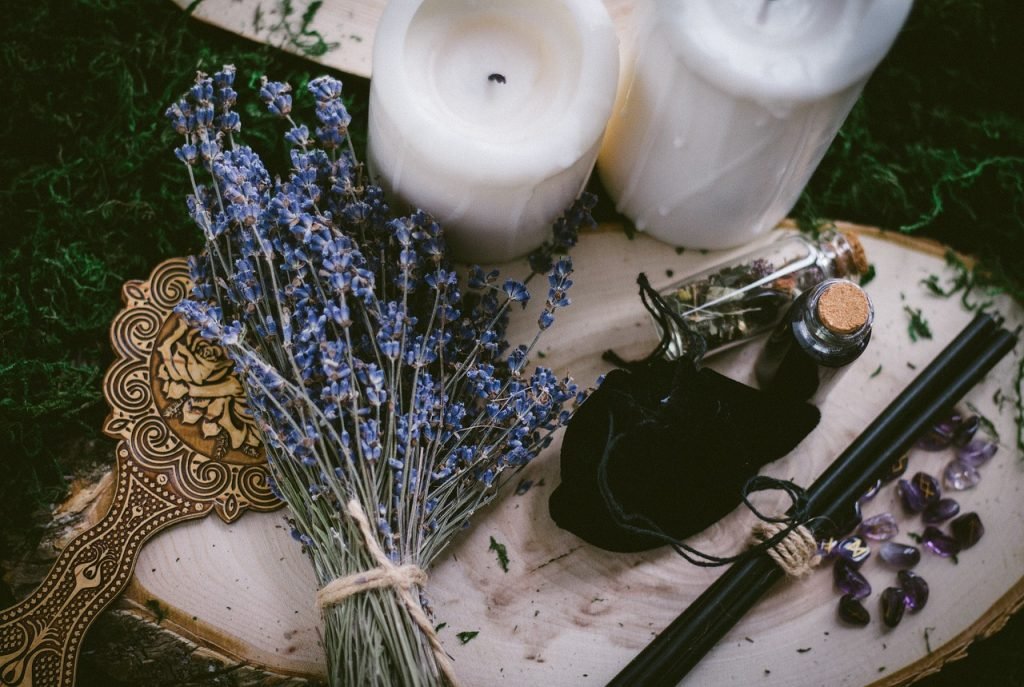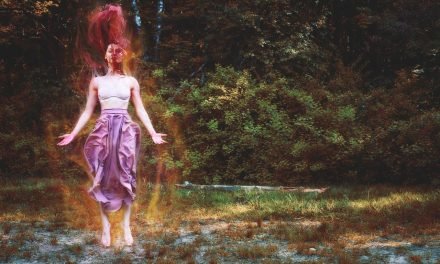The word “witch” derives from an old Anglo-Saxon word that means “to bend or to turn.” Women accused of being witches often had the power of healing attributed to them, which would be a good thing if it weren’t for the fact that many people also believed that they could use this power to harm their fellow humans. Consequently, many women and men have been persecuted and even killed throughout history, often as part of a witch hunt.
Are witches considered monsters?
Today, there’s still a lot of misinformation and superstition surrounding witches and their covens. Some people believe that they are evil, but this isn’t the case. In fact, most are only regular people who happen to have an interest in the occult. They don’t perform any kind of black magic and they certainly don’t worship the devil.
So, what do witches actually do? Many use their powers to help others, such as by healing people or restoring balance to nature. Witchcraft is a tool, not a weapon, and those who practice it do so out of a desire to help others, not to harm them.

Is witchcraft a religion?
Witchcraft is sometimes considered a religious tradition for some people. It’s the practice of sorcery and ceremony in a spiritual environment, which brings us closer to the gods of whatever beliefs we happen to follow.
But for other people, witchcraft is simply a tool – a way to access certain powers and achieve certain goals. There’s no one right answer to this question. As with any spiritual practice, the answer depends on your own individual beliefs and experiences.
Is Wicca different than witchcraft?
In many ways, Wicca is very similar to witchcraft. Both are practices that involve the use of spellwork and ritual, and both can be used to bring us closer to the divine. However, there are a few key differences between the two.
First, Wicca is a specific religion, while witchcraft can be practiced by anyone, regardless of their religious beliefs. Wiccans follow a specific set of tenets and ceremonies, while witches can choose to follow any path they please.
Second, Wiccans commonly worship a god and goddess, while witches may praise any number of deities or spirits. Wiccans often celebrate eight major holidays throughout the year, while witches may celebrate any number of holidays or Sabbats. These celebrations can involve rituals, spells, and communion with the divine.
So, while the two practices share many similarities, there are also a few key distinctions that set them apart.

What is coven of witches?
A coven is a group of witches that come together to teach each other and practice with one another. In a typical coven, they will meet to discuss their craft, share recipes and tips for spellcasting, and occasionally perform rituals together. Members of a coven usually celebrate the Sabbats together as well.
The history of covens is a long and storied one. Covens have been around for centuries and have been used as a place for witches to come together and share their knowledge and practices. In many ways, covens were the original schools of witchcraft, where new members could learn the basics of their craft.
Today, with the rise of the internet, it is now easier than ever to find information on witchcraft and connect with other like-minded individuals. As a result, covens are no longer as necessary as they once were, and there are now many who practice on their own.
Thirteen members is typically a witch coven
The average coven has 13 members, although there really is no minimum or maximum number. The number 13 is frequently connected to the occult realm. Many individuals believe that it is bad luck and carries a lot of negative energy. This isn’t always the case, of course; most covens are formed with good intentions.
There are many benefits to being in a coven. One of the main benefits is that you have a group of people who support your spiritual practice and can help you grow as a witch. Covens can also provide a sense of community, which can be especially helpful if you live in a rural area or don’t have many pagan friends.
Additionally, covens often have rich traditions and knowledge to share, which can be invaluable for your own practice. Joining a coven is a great way to learn more about magic, meet new friends, and gain access to powerful magical knowledge. However, some witches choose to practice alone, and there is no wrong way.

How to find your own coven
If you’re looking for a modern witchcraft coven, the best way to find one is by searching online. There are many websites and forums that are devoted to helping people find covens in their area. You can also try looking for local pagan groups or Wiccan circles. If you’re not sure where to start, try doing a Google search for “witch covens,” “pagan groups,” or even “online covens.”
Many people find their covens through social media platforms. There are many groups on Facebook and Reddit that are devoted to helping people find covens in their area.
If you’re not interested in finding a traditional witch coven, you can always start your gathering. There are many books and websites that offer tips for creating your own coven.
Keep in mind that not all witch covens are open to new members. Some may be closed to outsiders, or they may require that you be sponsored by an existing member. If you’re interested in joining a coven, be sure to contact the group ahead of time to find out more about their rules and requirements.
Tips before joining a witch coven
Use your best judgment before joining a witch coven. There are many wonderful, warm and welcoming covens out there. But, be aware that there are also some very dangerous and dysfunctional ones.
Here are a few tips to help you stay safe:
- Do your research! Make sure to read reviews and talk to people who have been in the coven before.
- Check out the coven’s website or forum. Do they have a code of ethics? Are they involved in any shady activities?
- Meet with the coven leadership, high priest, or high priestess in person. Do they seem trustworthy? Do you feel comfortable around them?
- If possible, attend a few meetings before joining. This will help you get a sense of the group’s dynamics and decide if it’s right for you.
If you do decide to join a witch coven, always remember to use your best judgment. If something doesn’t feel right, listen to your gut, and get out!
There are many different types of witchcraft covens in the world, each with their own unique approach to the craft. Some covens are based around specific religious traditions, while others are more eclectic in their approach. But regardless of their approach, all covens share a common goal – to help witches learn and grow in their craft.





